Dr Gretchen Gagel looks at sustainability in the construction industry, and more broadly, through a global lens.
By Dr Gretchen Gagel.
Sustainability is a tricky topic. It is a word we are all using more regularly, but what does it really mean? What progress are we making? How do we achieve sustainability in our industry and more broadly? These questions are being asked of us in the construction industry, and we need to have answers. I felt it would be good to discuss sustainability more broadly before thinking about our industry.
Defining sustainability
In broad terms, sustainability is the process of avoiding depletion of natural resources through responsible extraction and usage and reducing or eliminating human impact on the natural environment. At the moment, we only have one planet. I would be devastated if future generations pointed to us and said, “you used it all and ruined it for us”.

Garret Hardin first coined the term “tragedy of the commons” in 1968 to describe an economic theory conceptualised by William Forster Lloyd in 1833. It describes how we are influenced to make decisions that serve our own individual needs, regardless of the negative impact that decision may have on others. In a 2019 Harvard Business Review article, Alexandra Spiliakos shares five relevant examples of the tragedy of the commons – one being the overconsumption of coffee, which has led to major habitat loss.
How many of us, when we drink a cup of coffee, think about the impact on biodiversity? At a recent International Women’s Forum conference in Helsinki, I was introduced to the concept of marrying the typical food pyramid with the environmental pyramid. It turns out that, in general, the foods that are good for us are also good for the environment. It’s given me an entirely new lens to think about what I eat. Similarly, the construction industry needs to take a new lens to its approach to sustainability. Construction companies need to be thinking about the impact their operations have on the environment, actively working towards reducing that impact, and playing their role in the world’s shift towards a zero-carbon future. At its current pace of resource consumption, the construction industry’s future looks dire.
Sustainability progress
Although we still have a long way to go, research indicates that we are making progress on sustainability.
- According to Deloitte, 57 per cent of companies are providing employee training on climate change/climate action and are using more climate friendly equipment, technology and machinery.
- According to Harvard Business School, “An estimated 90 per cent of companies on the S&P 500 index published a corporate social responsibility (CSR) report in 2019, compared to just 20 per cent in 2011.”
- According to Accenture, nearly a third of Europe’s largest corporations have committed to a net-zero by 2050 strategy.
However, measurable progress is the key, and as to this last point, at the current rate of emissions reduction, only 9 per cent of these European companies will achieve their goal. In fact, a recent speaker on the topic of sustainability suggests that less than half of senior leaders believe their organisation’s sustainability strategy is achievable.
At this same Helsinki conference, I was introduced to a new term – ‘green hushing’. Most of us have heard of ‘green washing’, where companies market their sustainability efforts in such a way as to make them look like heroes, when in fact they lack the resources or commitment to achieve their sustainability goals. Green hushing, in contrast, means that a company remains quiet about their sustainability goals to avoid a tarnished reputation or being labelled ‘green washers’. The downside to this – it reduces the positive impact of sharing strategies and successes across companies.
Next steps
What are we, as leaders, to do? I offer up the following suggestions:
- Transparency: I believe that transparency regarding the construction industry’s current state as well as transparency of sustainability strategies to all stakeholders – employees, investors and the public – is critical. We are all in this together, whether we want to be or not. Consumers and investors have tremendous power to influence via institutional and individual investment and purchases. Highly ethical construction companies understand the necessity of transparency.
- Collaboration and systems thinking: We are not going to solve these problems alone. Who wants to stop drinking coffee? But will we drink it if we know we are killing off species of animals? The construction industry, and society as a whole, need to take a systems approach and involve all stakeholders, globally, to solve complex sustainability problems.
- Humility: I learned a great deal about the value of humility during my PhD studies. It starts with being able to say, “I don’t have the answer”, which leads to asking for help. We need all members of the construction industry providing great thinking to solve these sustainability problems at every level for the betterment of the industry and wider society.
Each of us can make an impact on the sustainability of the planet via the decisions we make and the strategies we put in place to improve sustainability. We in the construction industry are uniquely positioned to assist our society as we grabble with these complex issues. I look forward to hearing about many of our successful future strategies.
Dr Gretchen Gagel is Chair of Brinkman Construction (US), a member of the National Academy of Construction (US), a member of the Construction Industry Culture Taskforce (AUS), and an affiliate professor at the Australian National University and the University of Denver. As President/Managing Director of Greatness Consulting she continues to advise organisations within the construction industry on optimising capital program delivery and developing talent. You can hear more from Gretchen on her Spotify podcast, “Greatness”.
The post A global viewpoint on sustainability in construction appeared first on Inside Construction.
